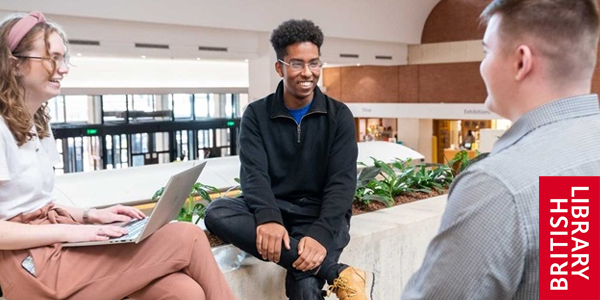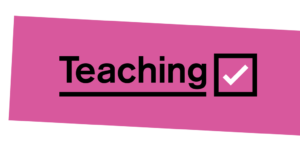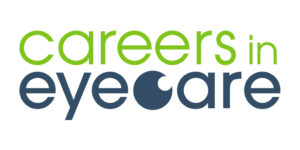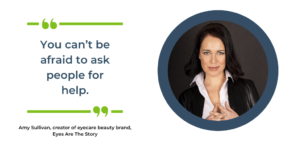Librarian careers guide and job profile
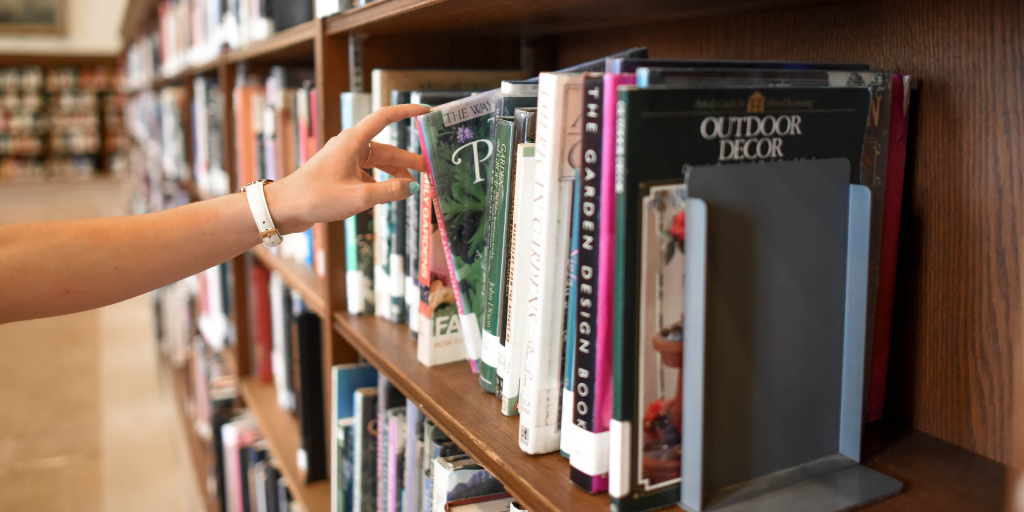
If you love books, you may have dreamed of a job surrounded by them. Read on to learn how working as a Librarian can open up an exciting new career chapter.
Getting into Librarian careers
Being a Librarian is about much more than just stamping books when customers take them out. A Librarian is responsible for acquiring and organising collections of both physical and electronic resources and creating a community space where customers can come to read, borrow, find information, and much more.
How much money can you earn as a Librarian?
These LMI Job Trends give you a sneak peek of how much you could earn starting out for this career, and how much your salary could grow with experience.
Average salary for Librarian jobs
Recent labour market information says you can earn on average between £16,000 and £50,000 a year as a Librarian in the UK.
Your starting salary can vary because of factors like level of experience, training, location or the size of the company. Your salary as a Librarian will increase over time as you build skills, knowledge, and experience.
Creative Career FAQs & Insights

Is there something you’d like to know about creative careers?
The British Library Careers
Work experience, internships and apprenticeships with The British Library open up a WORLD of possibilities.
Skills you need to become a Librarian
Useful skills to put in your CV:
- A genuine love of books, learning, and education
- Excellent written and spoken English
- High levels of organisation and administrative skills
- Computer literacy (if you are proficient in any particular software packages, put this on your CV)
- Strong customer service skills
- The ability to engage with a wide variety of people
- Patience and understanding
- Knowledge of relevant legislation such as the Freedom of Information Act, data protection, and copyright law
- Marketing skills will be advantageous as you may need to assist with promoting your library, its services, and its events
- For specialist Librarian jobs such as those in academic libraries, you may also need a high level of subject knowledge. For example, a Law
- Librarian may be expected to have a Law degree.
Top Skills-boosting Tips
Visit libraries regularly. It goes without saying that you should be visiting your local library as often as you can. When you visit other towns and cities, try to fit in a visit to their libraries. If possible, visit academic and subject-specific libraries, too.
Pay attention to the sorts of resources different libraries have, how they are laid out, and what sort of tasks the staff are doing. The more familiar you are with the workings of libraries, the better a position you’ll be in for this job.
How Do You Get These Skills?
Vocational qualifications and work experience will help you build these skills over time.

Build Your Skills With the FREE Young Professional Programme
What Qualifications & Training Do You Need For Librarian Careers?
A-Levels
To become a Librarian, you are likely to need a degree. This means getting at least 3 A-Levels or equivalent in relevant subjects, and then going to university.
Good A-Level subjects for this career path include English Literature and English Language. Foreign languages, Business Studies, IT, and Media Studies are also good choices. If you’re interested in specialist librarianship, choose your subjects according to your area of interest.
Apprenticeships
An apprenticeship is a scheme where you train while earning a starting salary. With an apprenticeship (or advanced apprenticeship) you’ll have a paid job with an employer that includes structured training and learning. This training leads to an official qualification that’s recognised by employers as an industry standard. Anyone over 16 can do an apprenticeship.
CILIP, the Library and Information Association, offers various apprenticeship options related to the world of library work. Though this will not qualify you to be a Librarian in itself, it is a step in the right direction and could be a springboard to a more advanced qualification such as a Masters in Library Science (read more on this below).
University degrees and graduates
Most Librarians are graduates and you are likely to need a degree to enter the profession. There are a small number of undergraduate (Bachelors) degrees in Library and Information Management available. Other good subjects to study include Cultural and Heritage, Information Science, History, English Literature, English Language, Creative Writing, and Computer Science.
UCAS has more information on degree courses and entry requirements.
Masters Degrees
Once you have completed your undergraduate degree, you can take a Masters degree or other postgraduate qualification in Librarianship, Library Science, Library and Information Science, Management of Library and Information Services, or a similar subject.
These courses are available at many universities throughout the UK and take 1-2 years, depending on whether you study full-time or part-time.
Career Progression
As you gain experience as a Librarian, you could move into a senior management role, overseeing a team of librarians and other staff or even a whole library. Alternatively, you could move into subject-specific or academic librarianship, or take over a particular library service or special collection.
What Work Experience Do You Need For Librarian Jobs?
Work Experience Tips
It goes without saying that any experience working in a library will be hugely advantageous. Look for roles such as “Library Assistant”. However, paid roles in libraries are unfortunately few and far between (not to mention highly competitive), so don’t panic if you can’t find anything like this. Other jobs involving working with books, such as bookselling, are also great relevant work experience.
Any role in which you work with members of the public, even if it is just waiting tables or serving coffees, will be an advantage as you will learn the customer service and people skills needed for librarianship.
Examples of relevant work experience include:
- Work shadowing (even if it’s just for a day)
- Work placements in a company
- Work experience placements on a college or university course
Volunteering Tips
Libraries run many different events and often rely on volunteers to keep everything running smoothly. Contact your local library or check your local council’s website to find out about volunteering opportunities.
You may be able to help customers find and check out books, work with children and young people at special school holiday events, or help customers use the library’s computers in a digital support role. These are just some of the many options that might be available. If you are at school or university, your institution’s library may also be able to offer you some voluntary work to help build your CV.
If you live in or close to London, the iconic British Library offers volunteering opportunities.
What Does A Librarian Do?
As a Librarian, you will be responsible for the acquisition, management, care, and organisation of both physical resources (such as print books and journals) and digital resources (such as computers, ebooks, and online journals) at your library.
Librarianship is a hugely varied role and can take slightly different forms depending on whether you work in a public, academic, or private library and on the size and scope of your library.
You may also be responsible for overseeing a team of library assistants and other staff, helping customers and visitors to find the information and resources they need, maintaining good customer relations, and organising and promoting special events.
- Use an IT system to catalogue, track, and manage library stock
- Research new books and resources
- Make purchasing decisions for your library and place orders
- Manage budgets
- Assist customers with finding and using library resources
- Check books out and back in
- Answering customer queries on the phone, counter, or online
- Organise and promote special events such as book clubs, children’s holiday events, and author talks
- Keep on top of industry news and trends
How To Find Librarian Jobs: Next Steps
Once you have completed your education or training, search on jobs boards for early career roles and opportunities with the word “Librarian” in the title. You can also apply directly to libraries or academic institutions (such as schools and universities) in your area.
Take a look at our database of local opportunities to see if there are any relevant jobs, work placements, or careers events and workshops to help you get started.
Get Into Creative Careers With Youth-Friendly Employers
These employers and organisations are here to help. They care about your potential and desire to learn, not just your qualifications and experience. They may be able to offer traineeships, apprenticeships, graduate schemes, first jobs, careers advice, wellbeing support and much more.
Creative Career Tips & Opportunities
Creative and Design Career Guides
View job descriptions with average UK salary, useful qualifications and a variety of routes into this career.
See All Our Youth-Friendly Employers

























YES! I Want More Free Careers Help...
So what are you waiting for? Grab your future.

